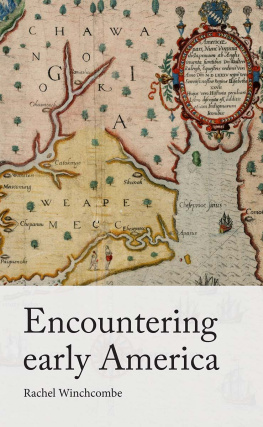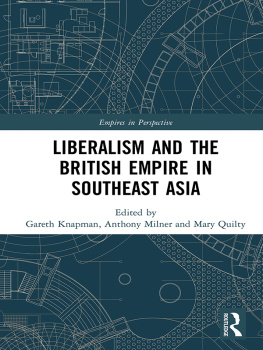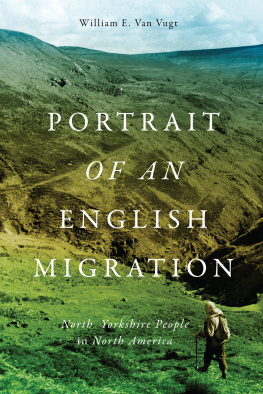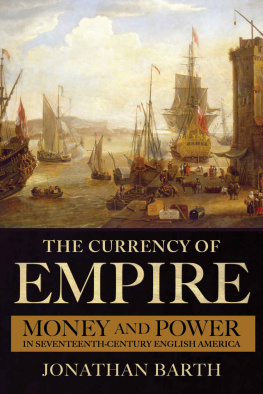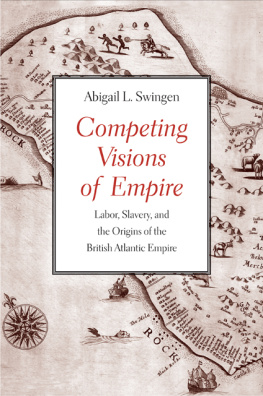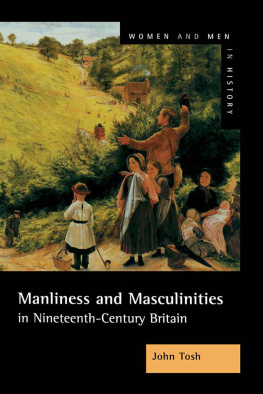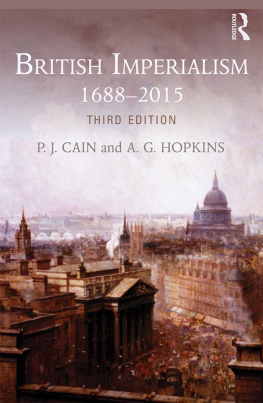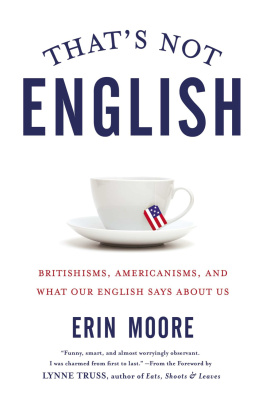Copyright Rachel Winchcombe 2021
The right of Rachel Winchcombe to be identified as the author of this work has been asserted by them in accordance with the Copyright, Designs and Patents Act 1988.
Published by Manchester University Press
Altrincham Street, Manchester M1 7JA
www.manchesteruniversitypress.co.uk
British Library Cataloguing-in-Publication Data
A catalogue record for this book is available from the British Library
ISBN 978 1 5261 4577 2 hardback
First published 2021
The publisher has no responsibility for the persistence or accuracy of URLs for any external or third-party internet websites referred to in this book, and does not guarantee that any content on such websites is, or will remain, accurate or appropriate.
Cover image: Theodorus de Bry, Map of Virginia, 1591 (Wikimedia Commons)
Cover design: Abbey Akanbi, Manchester University Press
Typeset by
Servis Filmsetting Ltd, Stockport, Cheshire
Contents
In the course of writing this book I have been lucky enough to have had the support of numerous people, at both a personal and a professional level. I must thank the Arts and Humanities Research Council for funding the initial research for this book. The Huntington Library, the John Rylands Library, John Carter Brown Library, and the British Library have provided essential resources for this project and I thank all the staff at these institutions for sharing their time and expertise with me. Their knowledge and advice have been invaluable.
I could not have successfully completed this book without the support of many colleagues and friends. I have learned a great deal from friends at the University of Manchester including Natalie Zacek, Misha Ewen, Steven Mossman, and Stefan Han, as well as from colleagues at other institutions, including John Morgan and Rebecca Earle. Special thanks go to Jenny Spinks and Sasha Handley. Jenny, your wealth of knowledge and constant encouragement have been critical to the completion of this book, and you continue to provide me with support from the other side of the world! Sasha, youve been the best mentor I could have ever hoped for, as well as a great friend. This book has undoubtedly been enriched by your various insights and unwavering generosity.
I have had a number of opportunities to share my research in various forums and my work has benefitted immeasurably from the feedback I have received at these events. I am grateful to the North West Early Modern Seminar, the Sixteenth Century Society Conference, the Hakluyt Society Conference, the European Early American Studies Association Conference, the Bites Here and There: Literal and Metaphorical Cannibalism Across Disciplines Conference, and the John Rylands Seminar Print and Materiality in the Early Modern World for allowing me to present my research and learn from the research of others.
I would also like to thank my editor Meredith Carroll for her constant guidance throughout the publication process and to the reviewers who commented on the initial draft of the manuscript. Their thoughtful critiques and helpful suggestions not only helped me improve the book, but made the process of publishing much less stressful than it otherwise could have been.
My thanks go to my family and friends, especially my mum and dad, who continue to support me and encourage me in everything I do. My final thanks go to Suraj. I couldnt have written this book without you. You have been with me every step of the way and Im lucky to have you.
In 1606 King James I of England and VI of Scotland chartered two joint-stock companies that would become known collectively as the Virginia Company. In December 1606 one of these companies, the Virginia Company of London, set sail to establish an English colony in North America. As every American school child knows, this colony, named Jamestown by its founding members, would become the first permanent English settlement in the New World. For authors of American history school textbooks, the establishment of the Jamestown colony in 1607 represents a defining moment in the history of North America, marking the very beginning of Anglo-American history. But why did these men and boys set sail for the New World at the end of 1606? What convinced them to uproot their lives in England and to settle in Virginia? What promises and beliefs fuelled their departure? Fundamentally, what happened between Christopher Columbuss so-called discovery in 1492 and the settling of Jamestown in 1607 that encouraged English men and women to start a new life in the Americas?
These questions remain largely unanswered and the story of the first century of English encounters with the New World largely untold.

